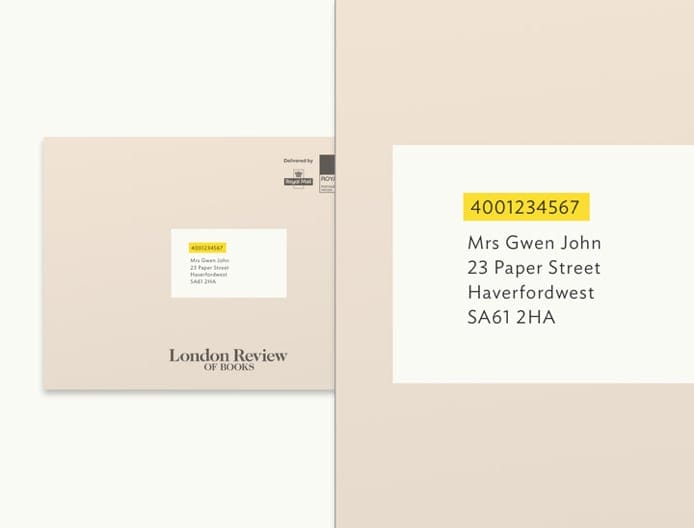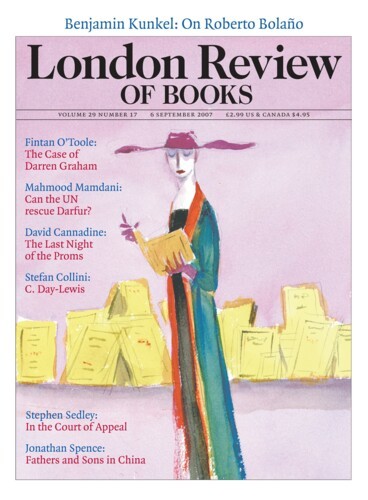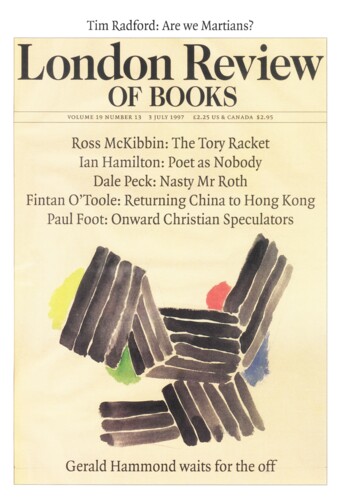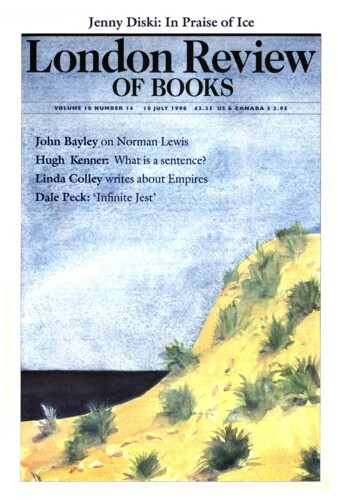Diary: The Case of Darren Graham
Fintan O’Toole, 6 September 2007
Few people outside his own area had heard of Darren Graham or indeed of Lisnaskea Emmets, one of hundreds of parish clubs with amateur players. But the GAA is a big deal. Of all the institutions that emerged from the Irish nationalist cultural revival of the 19th century, it is the only one still unequivocally in rude good health. It embodies a sense of Irish identity that is tangible, local and pleasurable. It also embodies the unspoken tension within that identity, for though it is officially non-political and non-sectarian, the GAA is overwhelmingly Catholic. Particularly in Northern Ireland, it is identified almost exclusively with the Catholic and nationalist side of the great divide.





